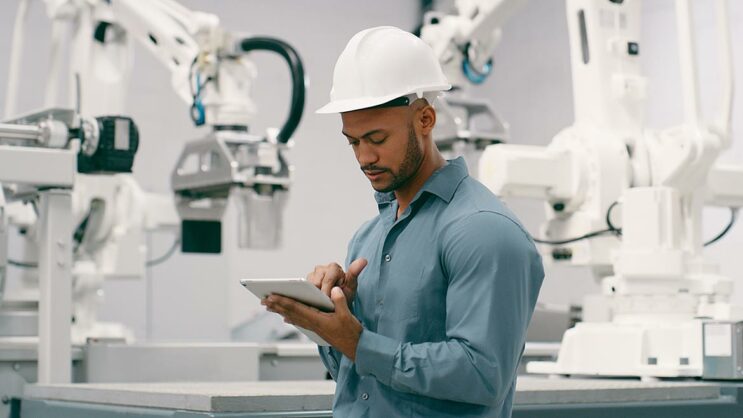AI Revolution: How Smart Machines Are Reshaping the Factory Floor

The Transformative Power of AI and Robotics in Modern Manufacturing
The manufacturing landscape is undergoing a revolutionary transformation, driven by the rapid advancement of Artificial Intelligence (AI) and robotics. As technology continues to reshape industrial processes, the U.S. Bureau of Labor Statistics reveals a profound shift in job markets and operational strategies.
Today's manufacturing sector is no longer just about assembly lines and manual labor. It's becoming an intelligent ecosystem where cutting-edge technologies seamlessly integrate with human expertise. AI-powered robots are not just replacing workers but are creating new opportunities for skilled professionals who can navigate this high-tech environment.
Key trends emerging in this technological revolution include:
- Enhanced precision and productivity through intelligent automation
- Real-time data analysis for predictive maintenance
- Adaptive manufacturing processes that respond dynamically to market demands
For professionals and businesses, the message is clear: adaptability and continuous learning are crucial. Those who embrace technological innovation will be best positioned to thrive in the evolving manufacturing landscape.

